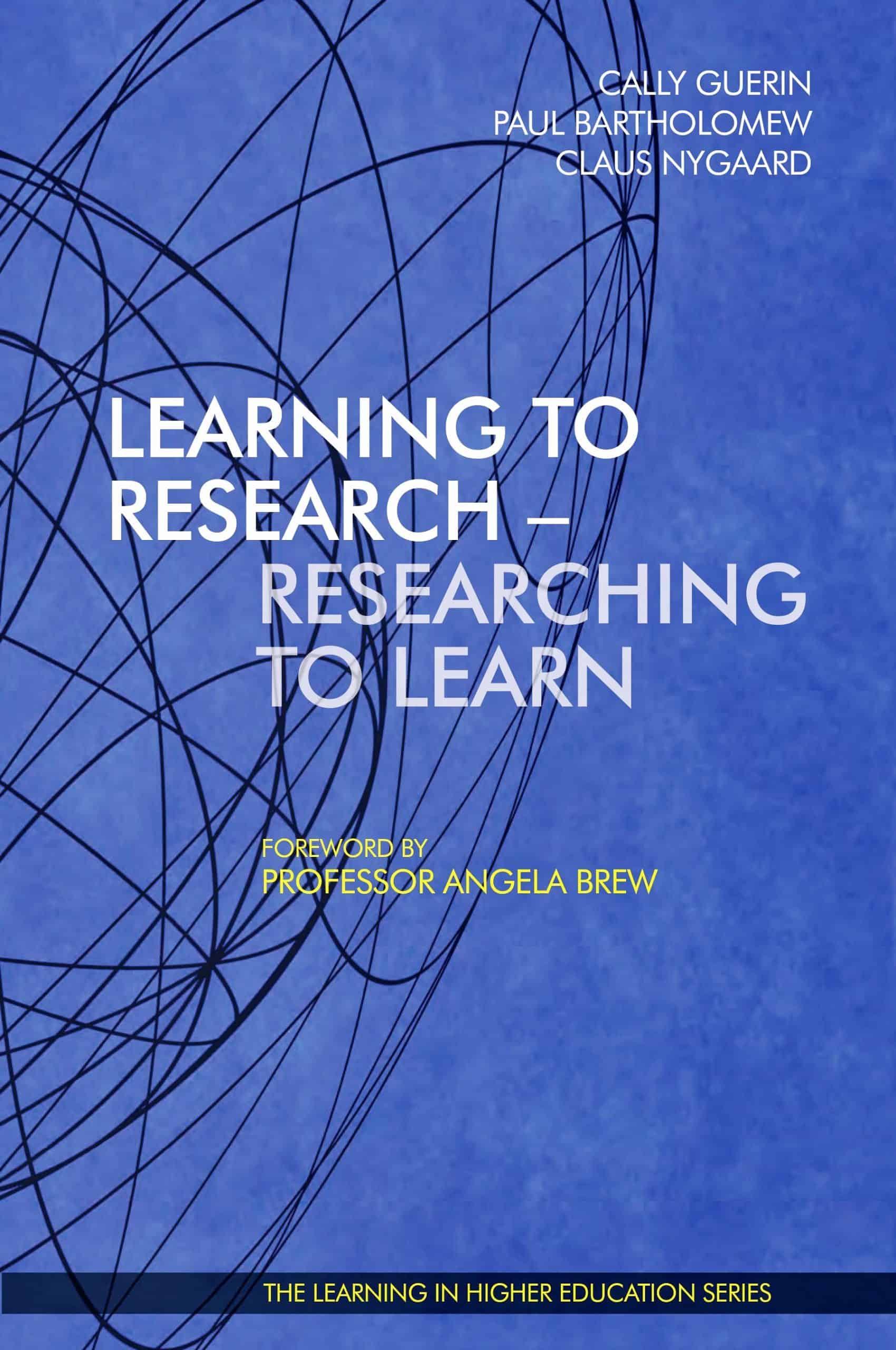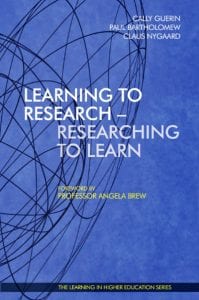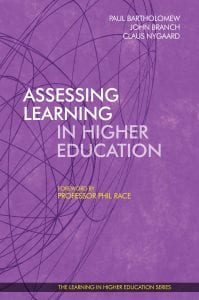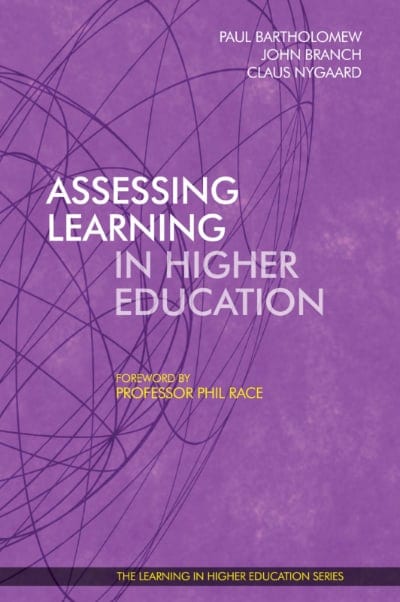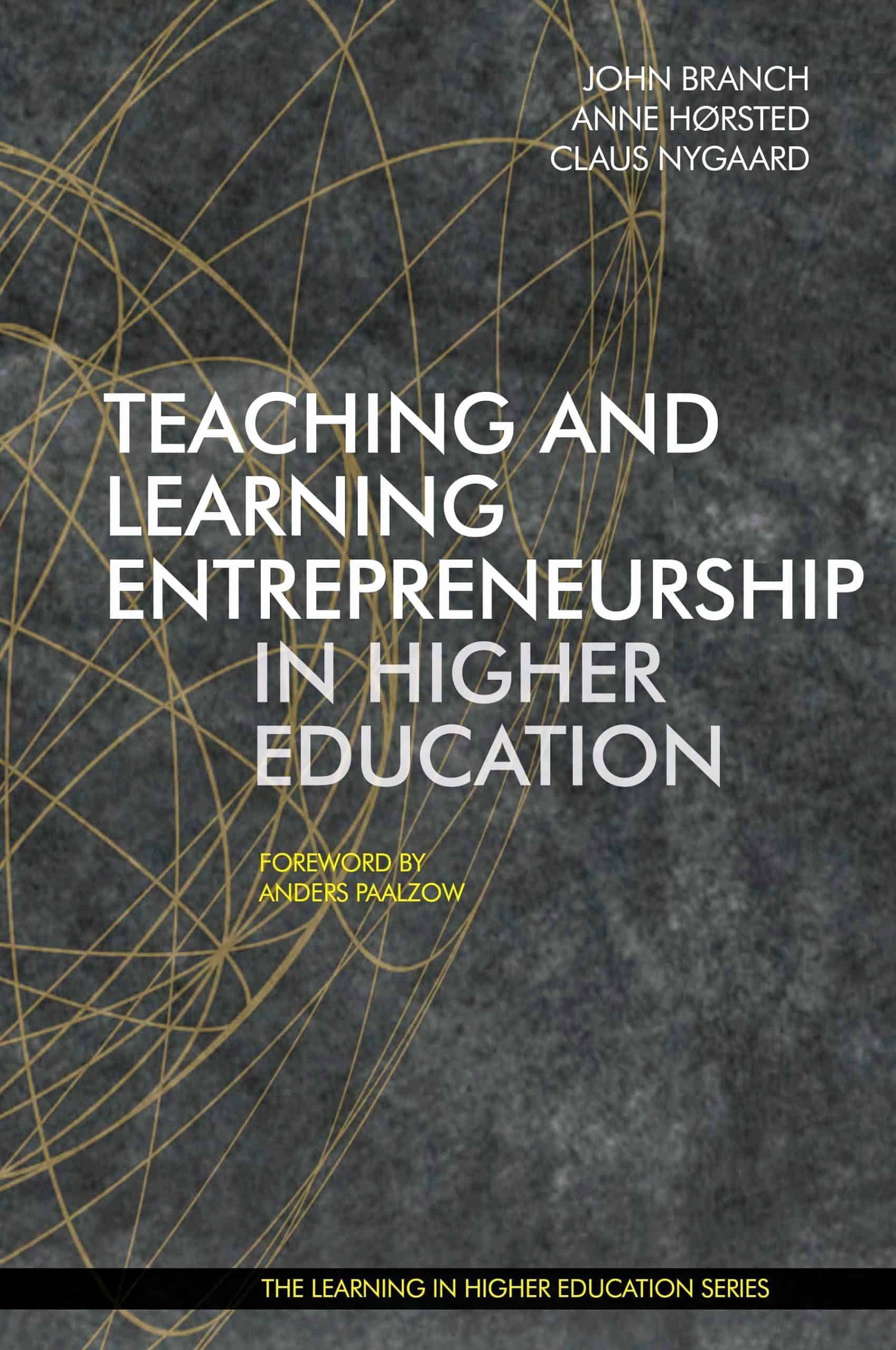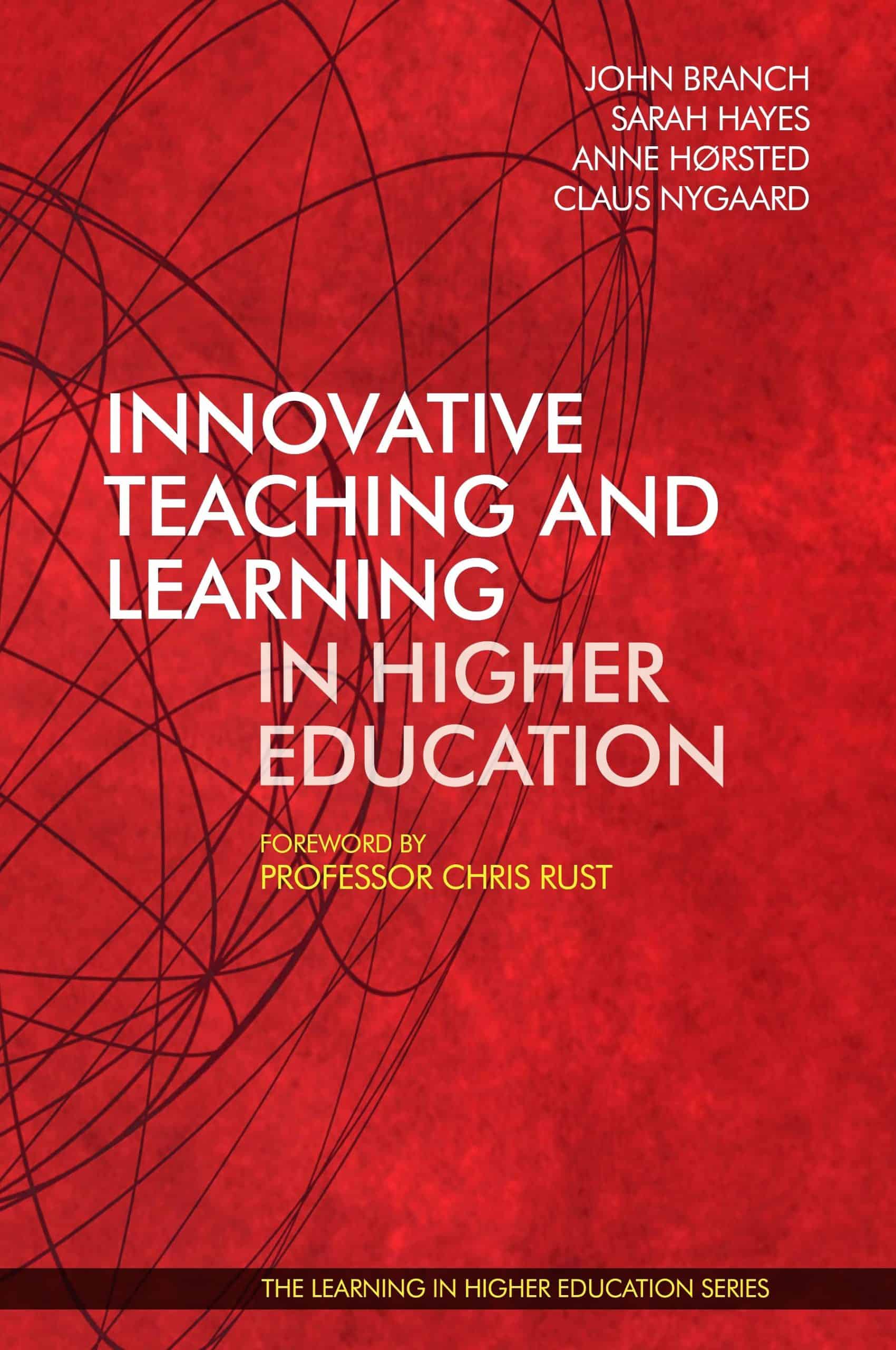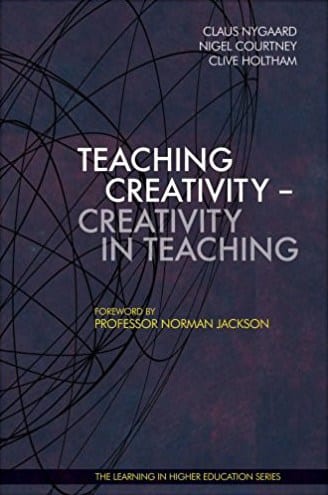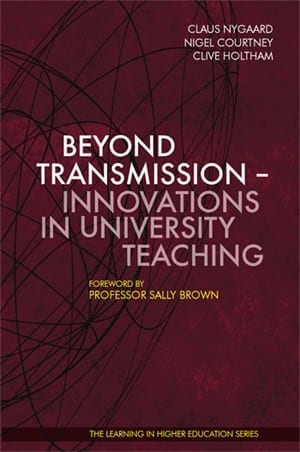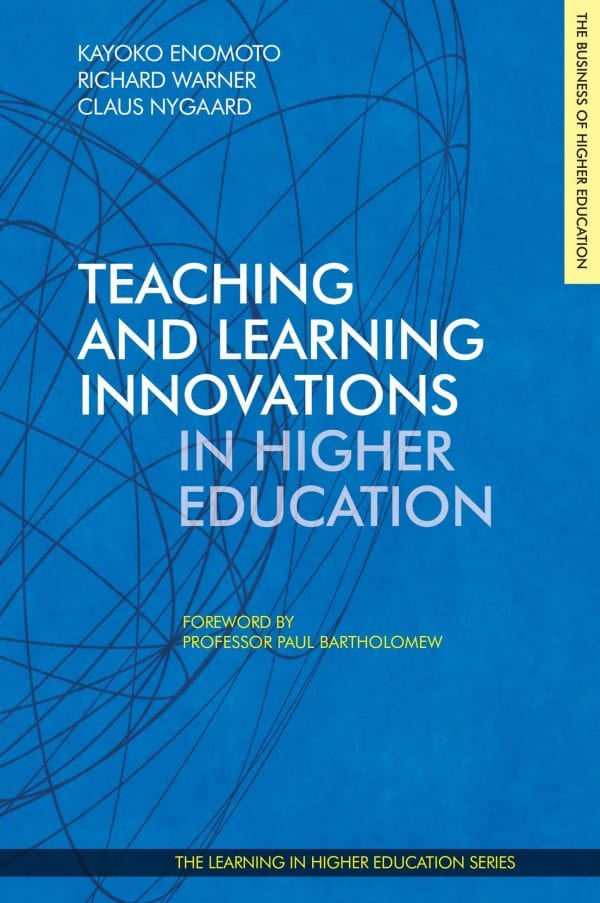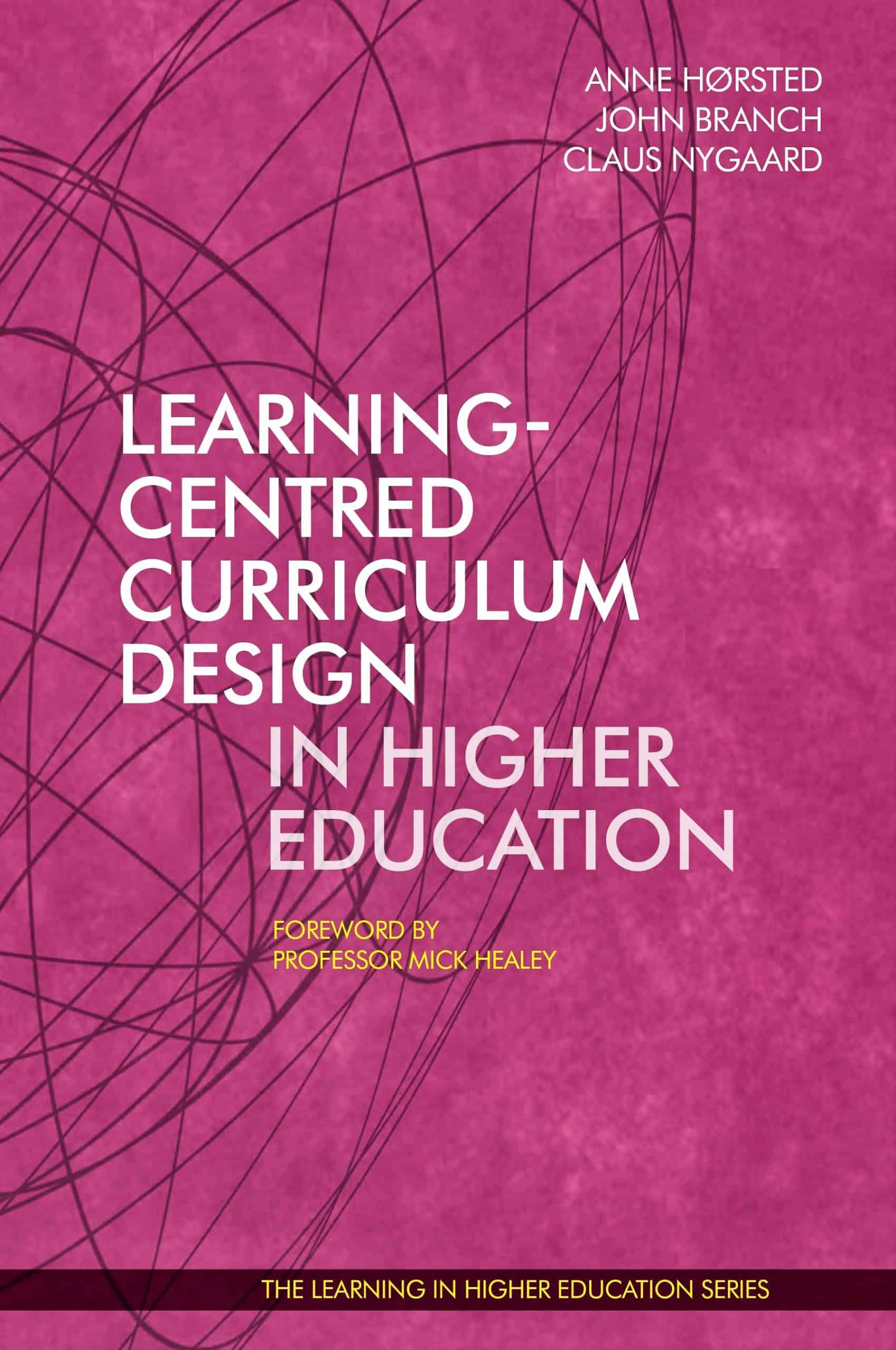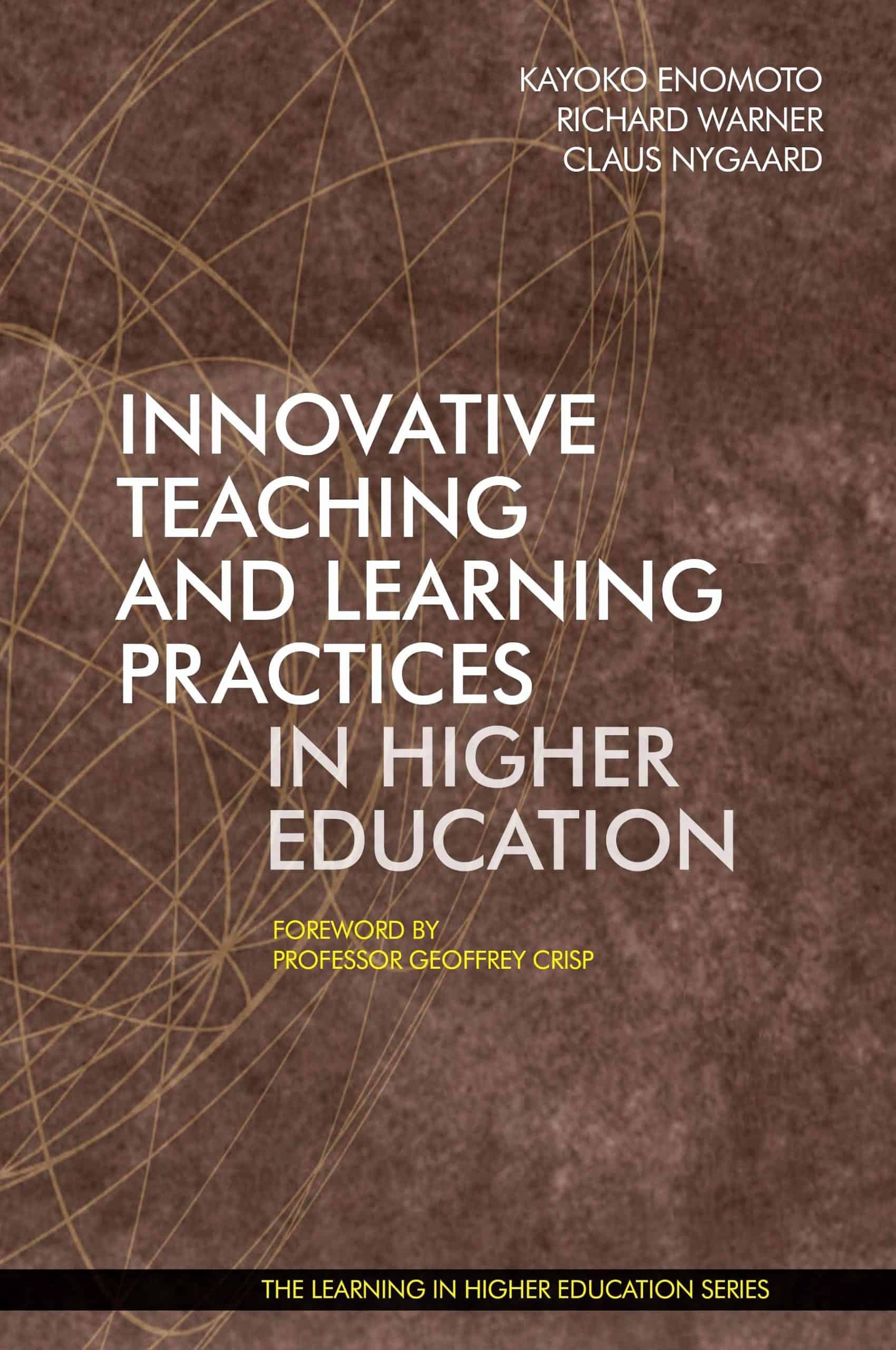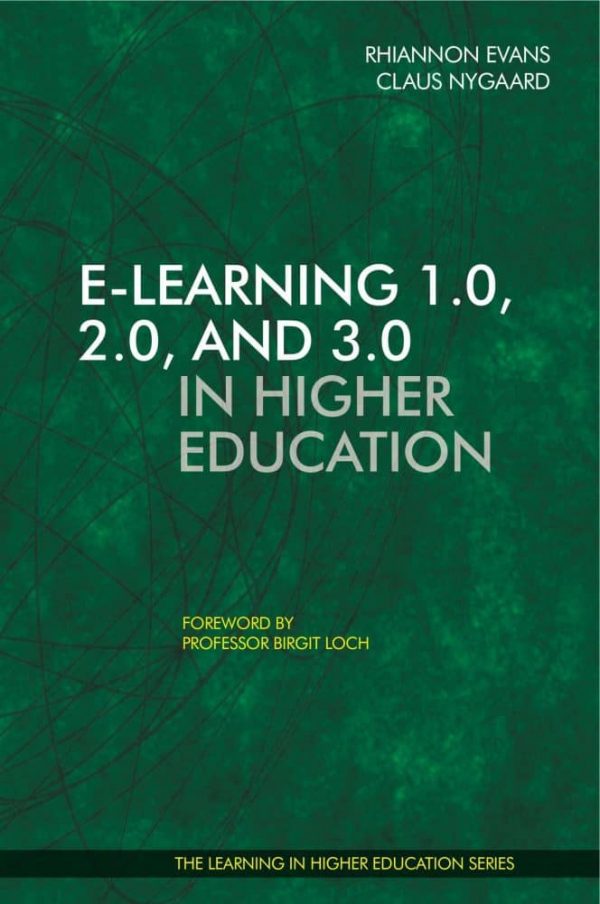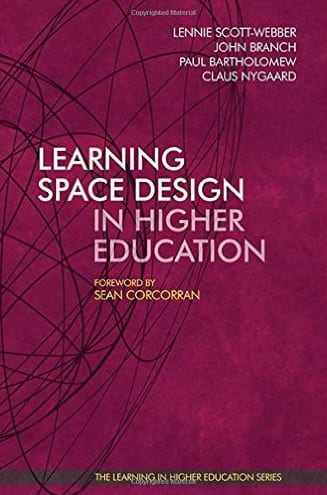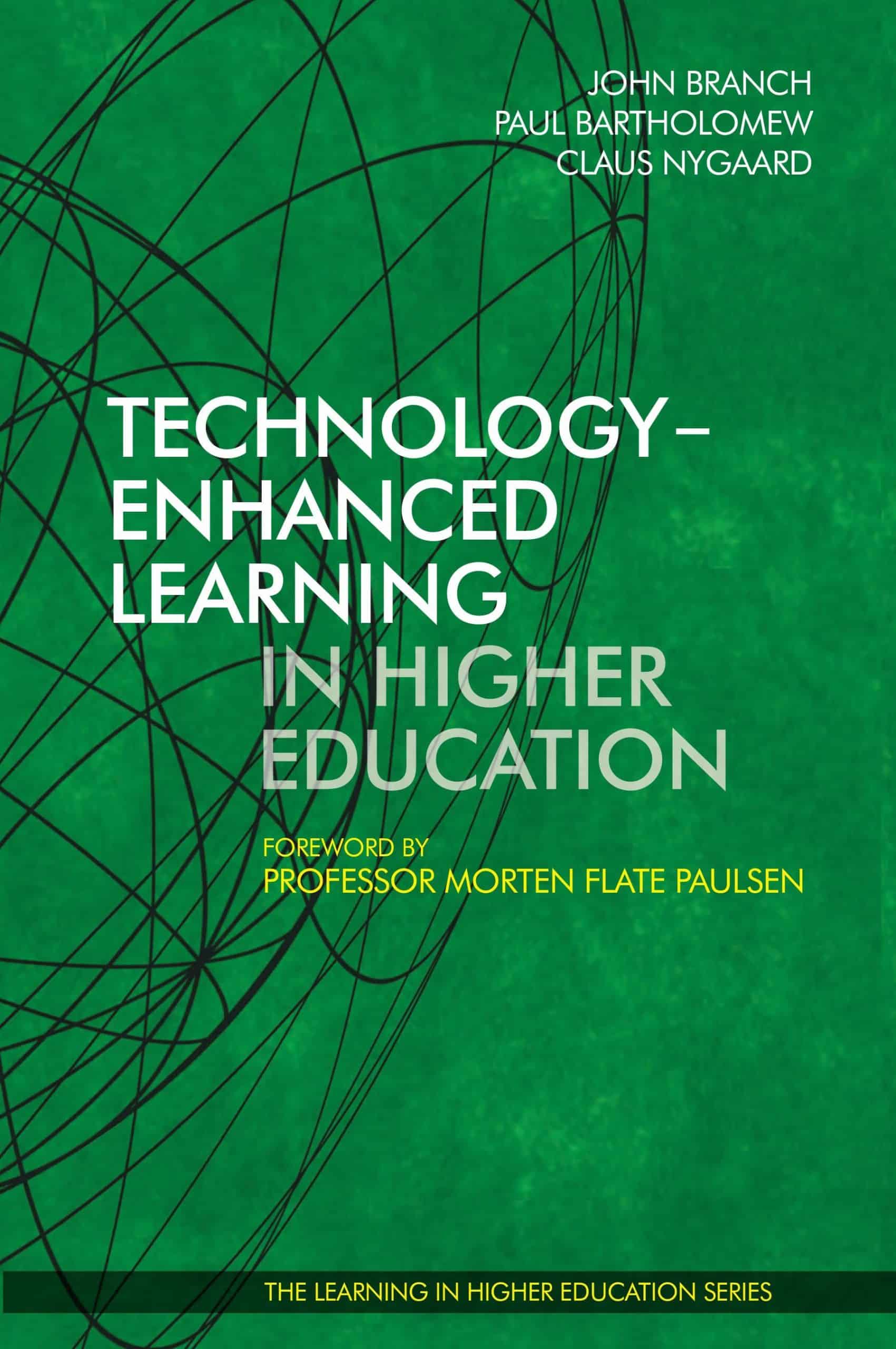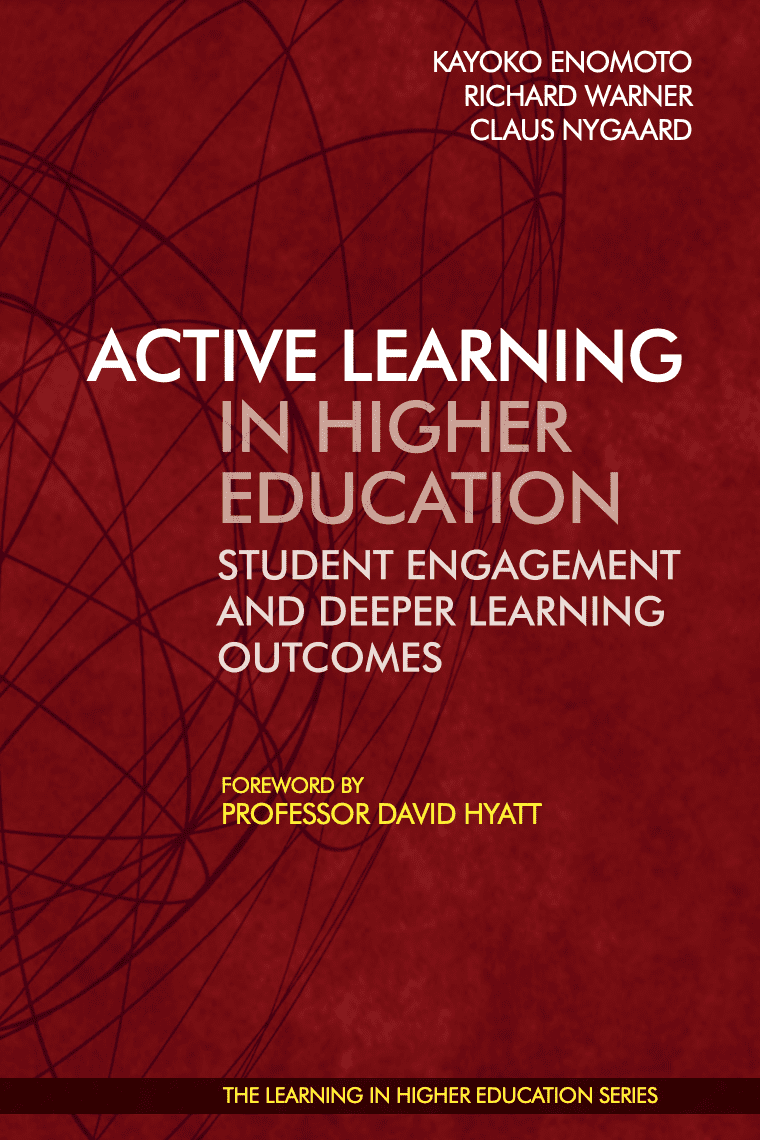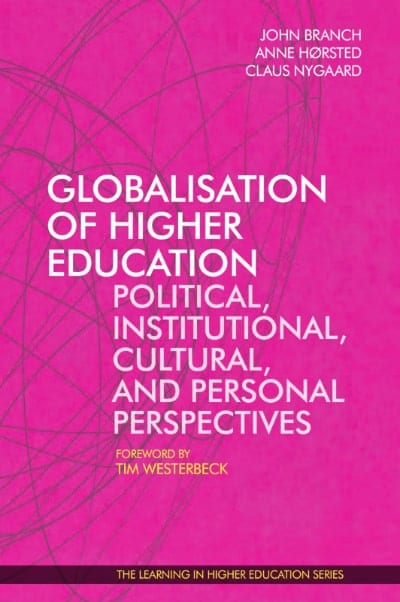Description
Learning to Research – Researching to Learn
The book explores the integration of research into teaching and learning at all levels of higher education. The chapters draw on the long and ongoing debate about the teaching-research nexus in universities. Although most academics believe that there is an important and valuable link between teaching and research, this relationship’s precise nature continues to be contested.
The book includes chapters that showcase innovative ways of learning to research. It also discusses how research is integrated into coursework teaching, how students learn the research processes, and how universities are preparing students to engage with the world. The chapters also showcase innovative ways of researching to learn, exploring how students learn through doing research, and how they conceptualise the knowledge of their fields of study.
These are the key issues addressed by this book. It brings together analyses of ways in which university teachers are developing research skills in their students, creating inquiry-based approaches to teaching and engaging in education research themselves. The studies here explore links between teaching, learning, and research in various contexts, from pre-enrollment through academic staff development, in Australia, the UK, the US, Singapore and Denmark. Through a rich array of theoretical and methodological approaches, the collection seeks to further our understanding of how universities can play an effective role in educating graduates suited to the twenty-first century.
The book is edited by Cally Guerin, University of Adelaide; Paul Bartholomew, Aston University Birmingham UK; Claus Nygaard, Institute of Learning in Higher Education.
About the editors
Dr Cally Guerin is a lecturer in the Researcher Education and Development Unit at the University of Adelaide. You can contact her at this email: cally.guerin@adelaide.edu.au
Professor Dr Paul Bartholomew is Vice-Chancellor at Ulster University, Belfast. You can contact him at this email: paul.bartholomew@ulster.ac.uk
Professor Dr Claus Nygaard is Executive Director of the Institute for Learning in Higher Education and CEO of cph:learning. You can contact him at this email: info@lihe.info
Published: 2015
Pages: 280
ISBN: 9781909818668
—oOo—
The Chapters
Learning to research
In the first section, we present three chapters that focus on students’ preparation to undertake rigorous research. Here we see innovative approaches to how lecturers have designed curricula to enable their students to learn the skills of research processes. This aims to build students’ capacity for lifelong learning and become independent researchers in the academic and professional lives beyond the university. Research here is central to how students will conceive themselves as learners and as professionals.
Chapter 2, “Embedding Research Skills in the Curriculum Design of a Pathway Programme for International Students” by Richard Warner and Kayoko Enomoto, explores international students’ experiences preparing for entry to an Australian university. The program provides a scaffolded approach to support students as they engage in research projects and develop the skills to become independent learners ready to tackle their degree programs.
In Chapter 3, Jesper Piihl, Jens Smed Rasmussen and Jennifer Rowley also provide a scaffolded approach to developing research skills in “A Multi-disciplinary Framework for Building Students’ Capacity as Practitioner Researchers” for those engaged in business education and music education. Concerned with the transformative power of learning to research, their focus is on preparing undergraduate students to become research-oriented, reflexive practitioners.
Linda Kalejs and Robbie Napper are also interested in exploring how learning to research can benefit undergraduates preparing for professional practice, in this case, in the context of industrial design. In Chapter 4, “Research, Learn, Design: Project-Based Learning and Research Skill Development in Industrial Design”, Kalejs and Napper document how they have used the Research Skill Development Framework to scaffold research training to develop confidence in students and improving employability outcomes.
—oOo—
Learning to research/researching to learn
The chapters in this section explore pedagogies that move in both directions along the continuum. These studies engage with the cyclical, mutually reinforcing processes of developing research skills and using those skills to research the discipline. Here, the students’ learning is seen to benefit from the lived experience of doing research. Crucially, that research curriculum is designed to be appropriate to the level of study and the discipline.
The first chapter in this section, Chapter 5, explores non-traditional students’ experience preparing to enter university. In “Learning to Research with Pre-Undergraduate Students: Curriculum as Support in the First-Year Experience”, Phyllida Coombes explicates a curriculum designed to transform learners into students ready for the unfamiliar demands of university education. Key to this is a program that provides opportunities to learn about research and learn by researching.
Next is Chapter 6 by Michelle Picard and Cally Guerin that focuses on the experiences of first-year students at a university seeking to infuse a research-based pedagogy into all levels of undergraduate degrees. “Learning to Research in the Professions: Possibilities of Discovery Learning” evaluates the benefits and challenges of introducing research to first-year students enrolled in degrees aimed at producing graduates who also meet the requirements of accrediting bodies in the professions.
The focus shifts to final year students of Sociology in Sarah Hayes’s Chapter 7, “Encouraging the Intellectual Craft of Living Research: Tattoos, Theory and Time”. Hayes argues that the modularised approach to some university degrees works against students understanding how the research skills they learn in one context apply in other parts of their study—and their own lives. She takes the example of “time” as a lens through which students can learn to move back and forth between practice and theory.
Moving further out into the broader community, “Developing Deeper Learning in Adult Learners: A Research-oriented Curriculum in Leadership for School–Family and Community Engagement” takes us into the realm of educational management and leadership. Here in Chapter 8, Lana Yiu Lan Khong demonstrates how research experiences can be used to transform learners’ understanding of their roles and potential as leaders actively engaged in real-world situations.
—oOo—
Researching to learn
The final group of chapters explores the further end of the continuum, where research provides the pathway to learning, particularly in informal learning for more experienced researchers. Here, the active doing of research is closely linked to becoming a member of the research community by establishing credibility in peers’ community. At the forefront of these studies is the transformative power of the learning that occurs through research and the identities it shapes in the process.
First up, we have Chapter 9, Michelle McGinn’s study, “Postgraduate Research Assistantships as Spaces for Researching, Learning, and Teaching”. Interviews and observations are used here to explore how postgraduate students learn research skills through their work as research assistants, transforming their own identities into researchers rather than students.
In Chapter 10, Helen Benzie then explores doctoral students’ ongoing experiences and early career researchers in “Reflecting on Feedback in a Peer-led Research Writing Group”. In supporting each others’ development in learning to write about research, the participants in this study also recognise the transformative power of this research as they experience their own becoming legitimate, validated researchers.
Continuing the discussion of a group of researchers at a similar stage in their careers is Chapter 11, “Forms of Capital and Transition Pedagogies: Researching to Learn Among Postgraduate Students and Early Career Academics at an Australian University”. In this chapter, Patrick Danaher conducts a case study to explore the tensions experienced by those teaching and researching inside universities’ context, articulating the individual’s competing demands as an agent and the institution’s socialisation.
Finally, Paul Bartholomew interrogates his own learning in Chapter 12, “Learning Through auto-ethnographic Case Study Research”. With a focus on professional development, academics are encouraged to draw on their own experiences to advance their understanding of what research can achieve. The insights developed here then lead to a new typology of case study research.
Together, these chapters provide wide-ranging explorations of what it means to engage in learning to research and researching to learn at all levels of study within the university system. While most chapters investigate Australian attempts to push pedagogical possibilities in this area, we also see how these ideas are played out in the UK, the US, Singapore and Denmark. The chapters take as their subjects students aspiring to enter university, undergraduates, and postgraduates, right through early career academics and established researchers. We trust that our readers will find much value here to inspire them to experiment with even more ways of “learning to research and researching to learn” in universities.
